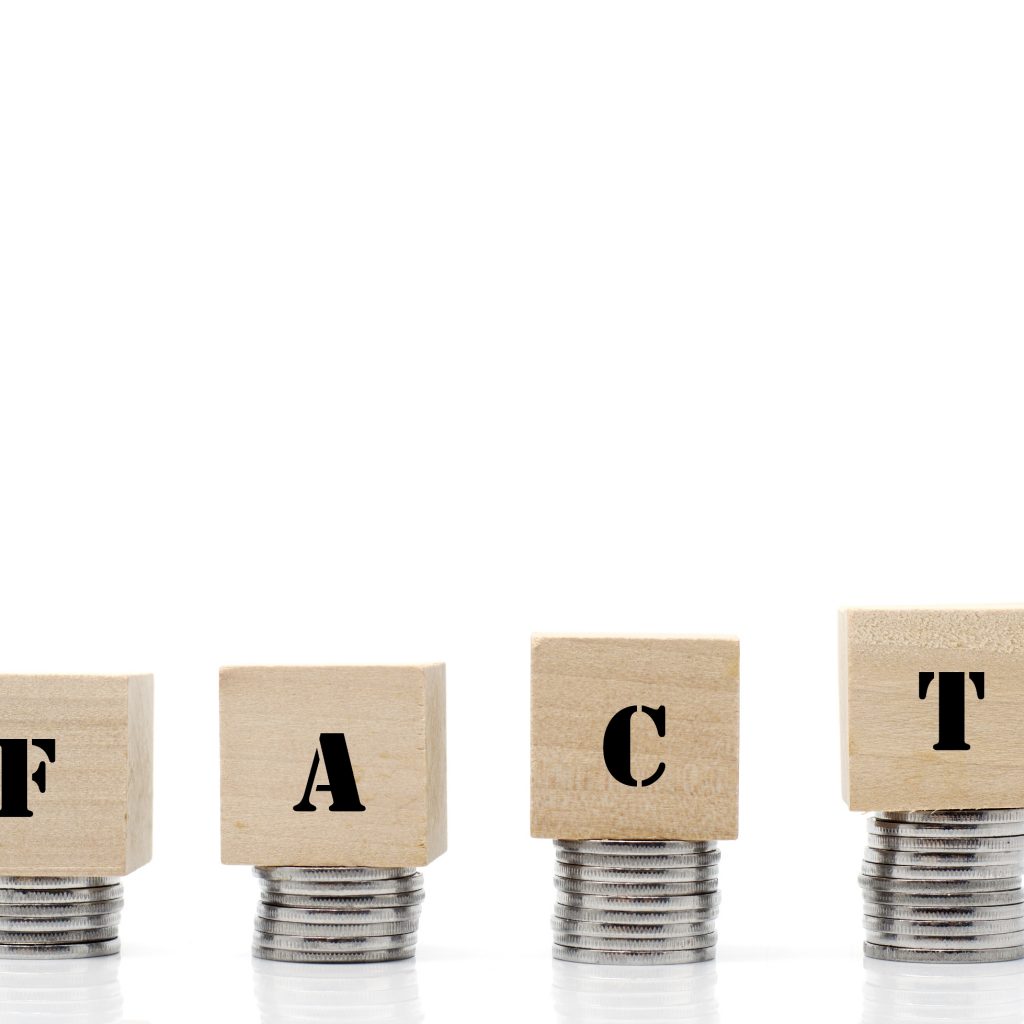
This is the truth on how Covid-19 or the Coronavirus is affecting Interest Rates.
Across the world, consumers and governments are keeping a close eye on the COVID-19 outbreak, which seems to infect more individuals every week. It is no secret that mortgage rates in the country have plummeted to the lowest level ever due to concerns stemming from the coronavirus outbreak.
The Federal Reserve cut interest rates to almost zero at a second emergency meeting in March. This is an extraordinary and unprecedented attempt at containing the economic and financial fallout from COVID-19 that ravaged international financial markets as well as business activity throughout the world.
However, it is worth noting that even lower interest rates may not be enough to sustain economic growth in the country as extreme volatility in the US stock market affects wealthy Americans. And that is not all; widespread calls for social distancing and quarantine dissuade home sellers from listing properties and homebuyers from attending open houses.
Why the Fed Reduced Interest Rates
Fed is hoping that lower rates will likely drive refinances higher and might urge home buyers in the country out to shop as well. However, note that if buyers are reluctant to go shopping as they would like to avoid contact with other people, this may dampen home sales in the coming weeks.
The Fed’s unprecedented and drastic interest rate cut resembles similar actions taken a decade ago during the Great Recession. The move comes at a time when the US. Treasurys plummeted to their lowest levels ever, and the entire yield curve has fallen below one percent for the first time in history. Equity markets in the US ended their near eleven-year bull market run on fears that the coronavirus would slow down economic growth before Congress came up with an adequate fiscal policy response.
(READ: Variables That Affect Interest Rates)
Falling Rates and Your Mortgage
Maybe you have been thinking about purchasing a home. Or you like your existing home, but would prefer a lower monthly payment. Either way, keep in mind that variations in interest rates are likely to make a huge difference. You may save significantly if you time your home purchase or refinance right. However, note that even if you are a seller, you can see a considerable difference based on what the rates are when you sell.
Buying a Home
If you are looking to purchase a home, you will probably face more competition from other buyers than in the past. This is because there are not sufficient homes for sale on the market to meet demand. It is worth noting that there is only so much that lower rates can do in order to stimulate home sales. Remember that in this health crisis, mortgage rates and home affordability are not the biggest challenges in the housing market. It is the lack of options that is the most significant hurdle for most people.
Selling a Home
As you can imagine, the very things driving property buyers to start looking, tend to benefit sellers. Home prices in the US have already surged in many markets because of a lack of supply that cannot meet the high demand. If you are a seller, this can benefit you as you may ask top dollar for your property.


